2012 Dodge Avenger Brake Rotors and Pads
Click here to search another vehicle
All Rotors:
OEM x
Coated x
Drilled, Slotted and Coated x
Front x
Rear x
All Pads:
Ceramic x
Semi-metallic x
Front x
Rear x
Found 20 record
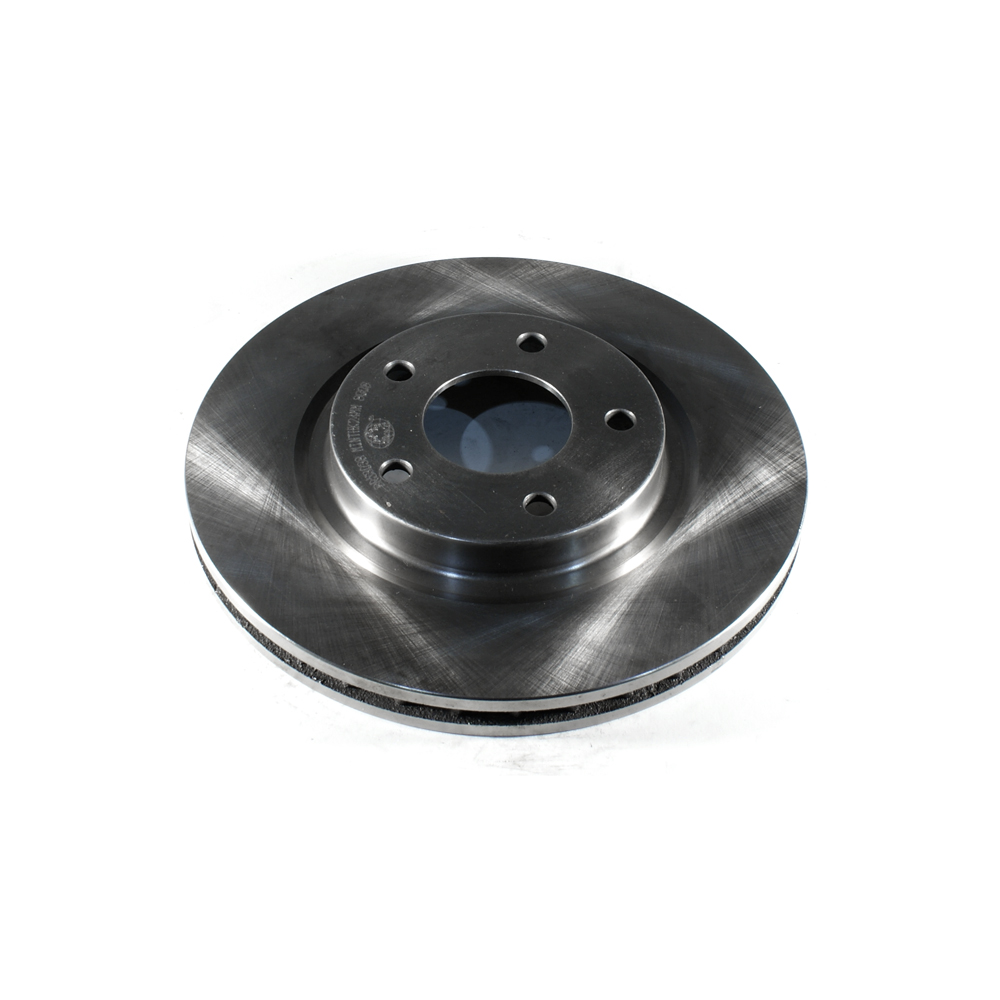
Part No: BR53038
Raybestos: 780459
OE: 5105514AA
Raybestos: 780459
OE: 5105514AA
$39.35 each
Per Car QTY: 2
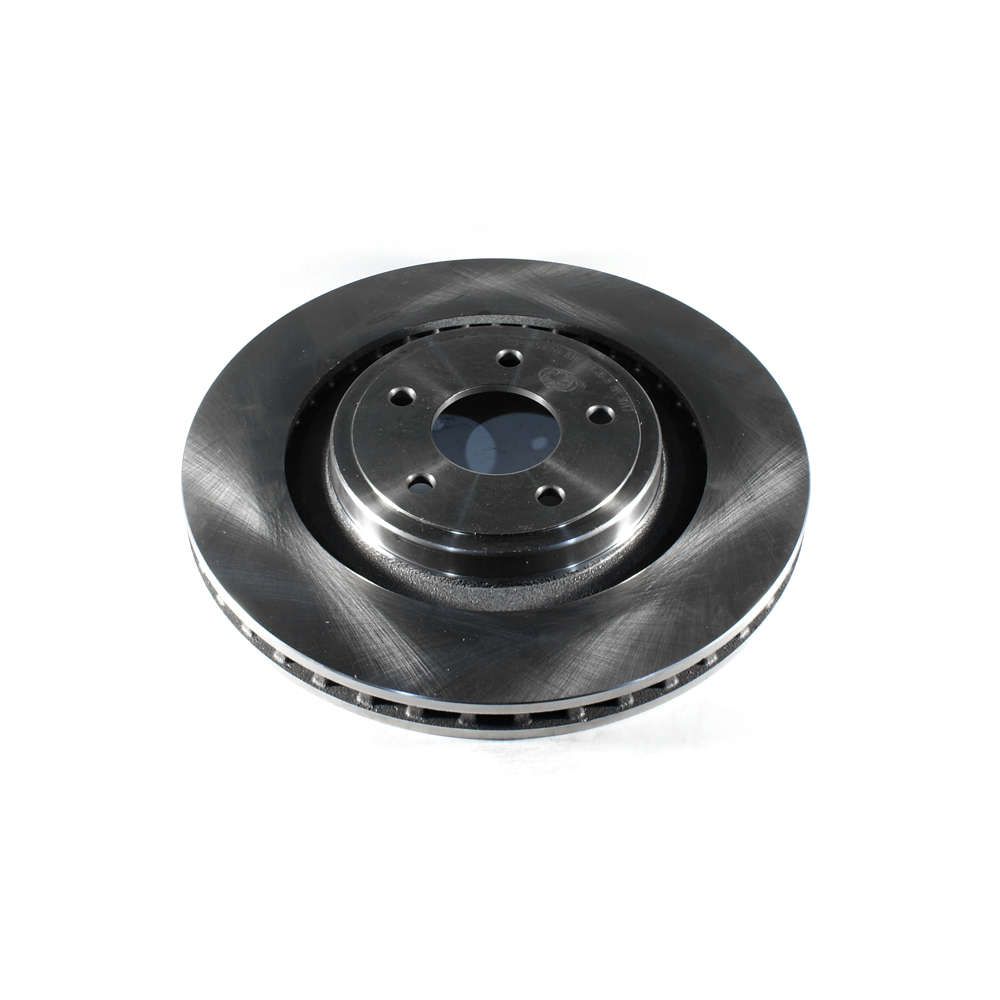
Part No: BR53058
Raybestos: 780753
OE:
Raybestos: 780753
OE:
$73.19 each
Per Car QTY: 2
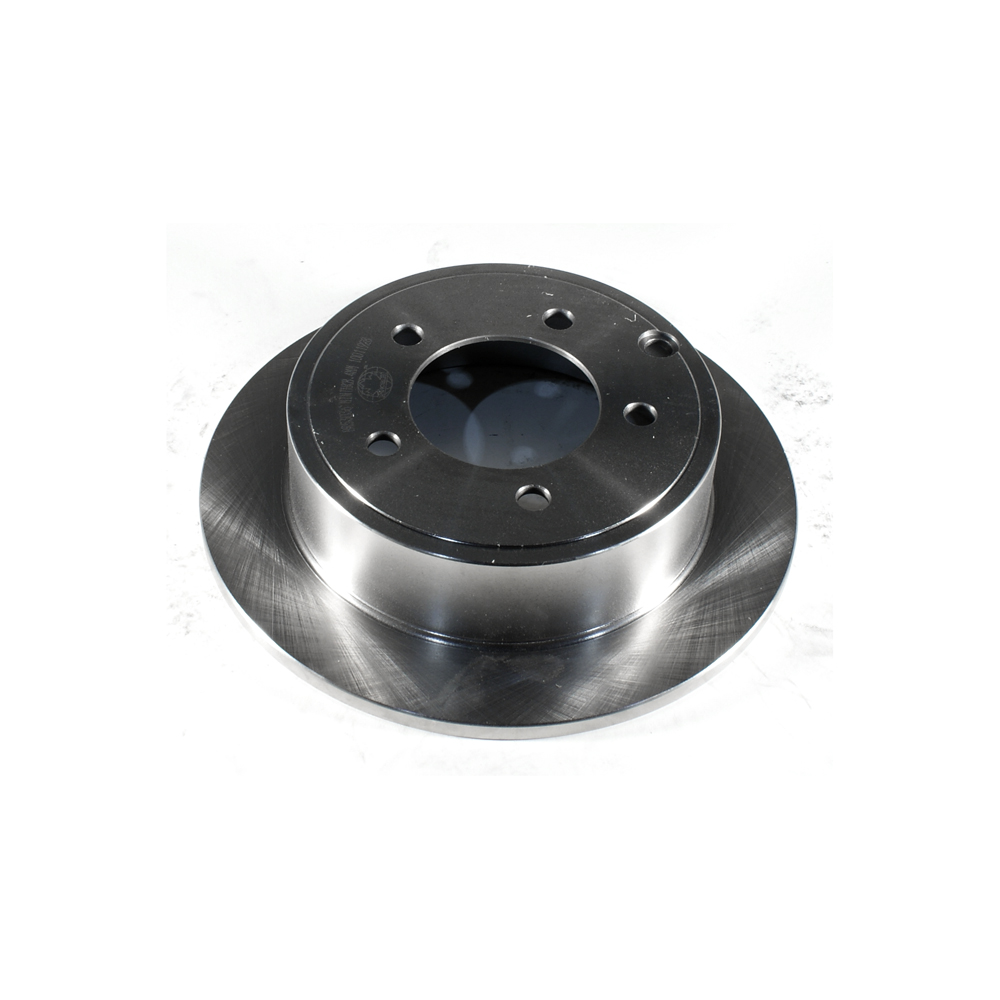
Part No: BR53036
Raybestos: 780457
OE: 5105515AA
Raybestos: 780457
OE: 5105515AA
$29.18 each
Per Car QTY: 2
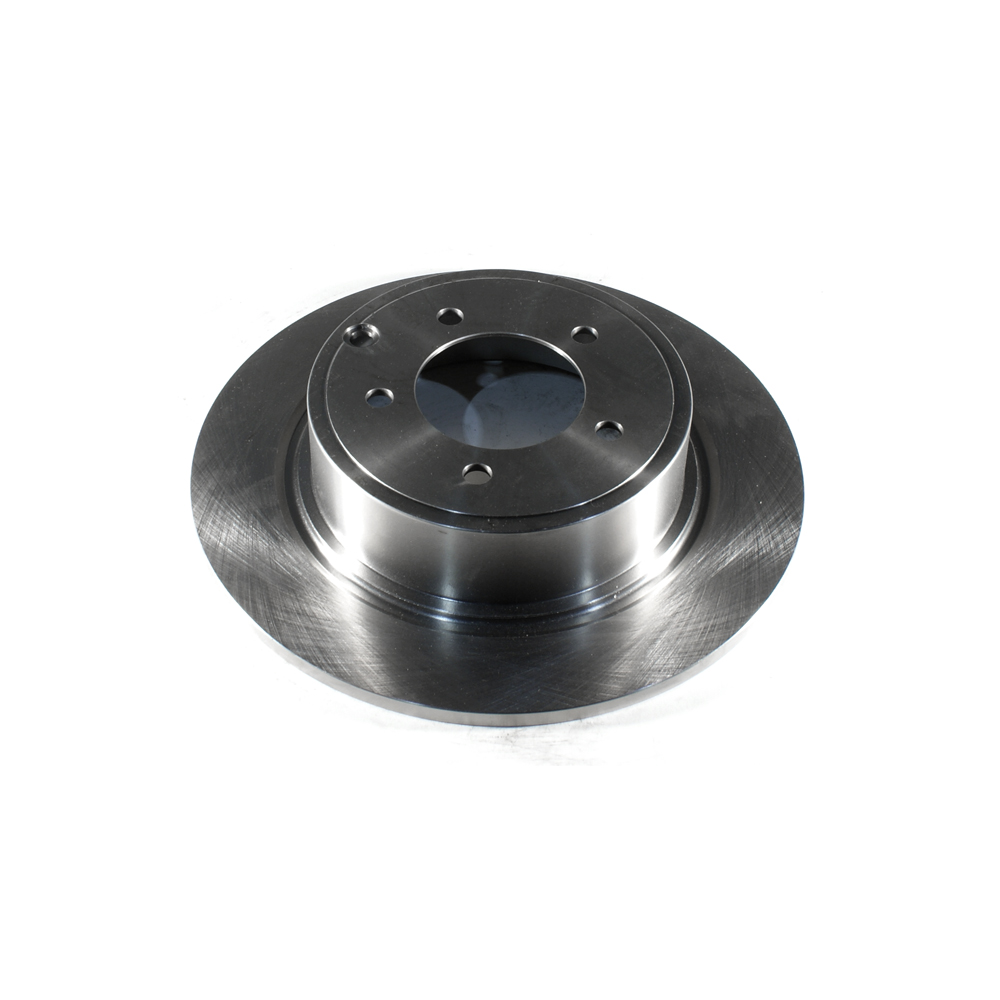
Part No: BR53043
Raybestos: 780541
OE: 4743999AA
Raybestos: 780541
OE: 4743999AA
$36.97 each
Per Car QTY: 2
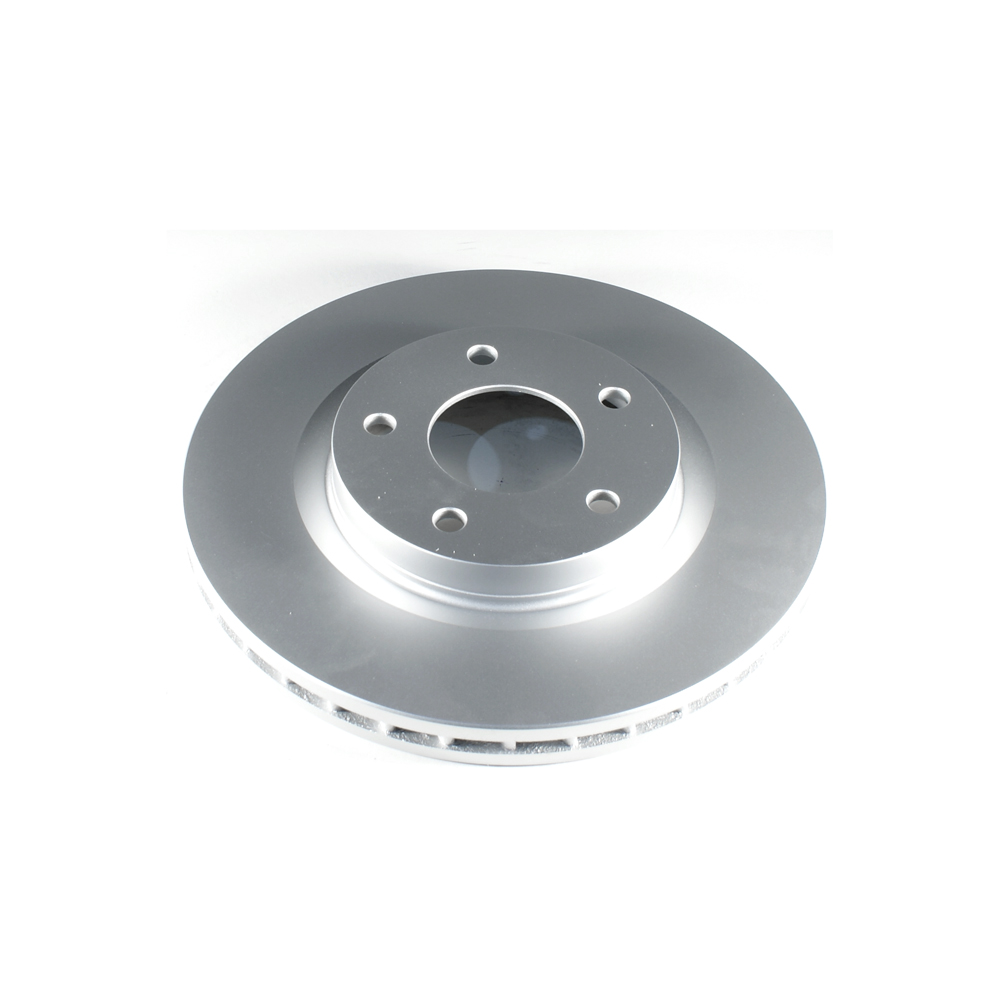
Part No: PP53038
Raybestos: 780459
OE: 5105514AA
Raybestos: 780459
OE: 5105514AA
$50.78 each
Per Car QTY: 2
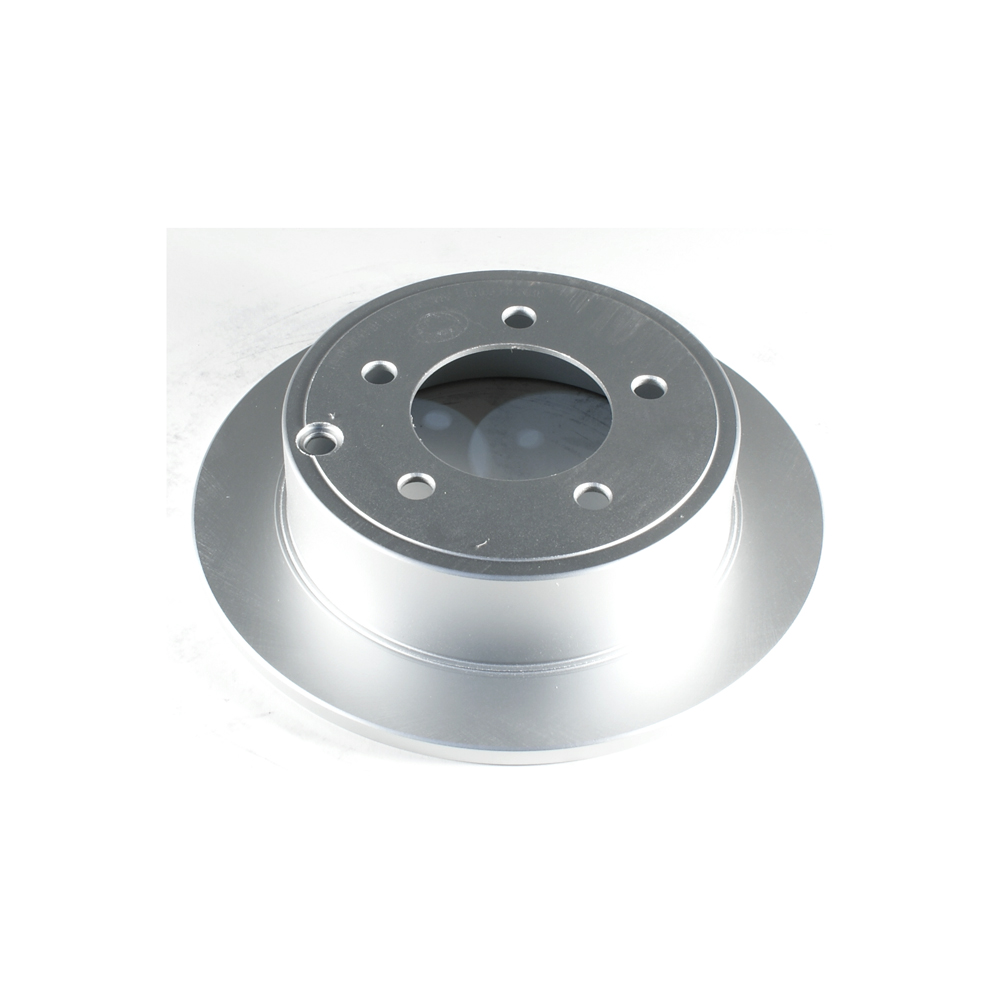
Part No: PP53036
Raybestos: 780457
OE: 5105515AA
Raybestos: 780457
OE: 5105515AA
$36.38 each
Per Car QTY: 2
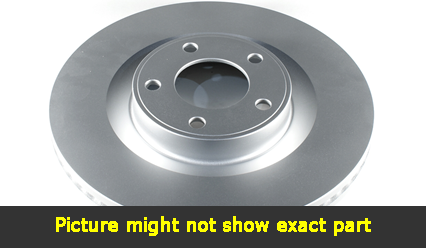
Part No: PP53043
Raybestos: 780541
OE: 4743999AA
Raybestos: 780541
OE: 4743999AA
$47.7 each
Per Car QTY: 2
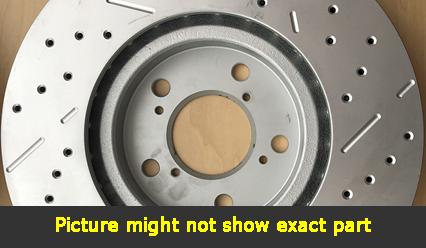
Part No: SP53038L
Raybestos: 780459
OE: 5105514AA
Raybestos: 780459
OE: 5105514AA
$83.18 each
Per Car QTY: 1
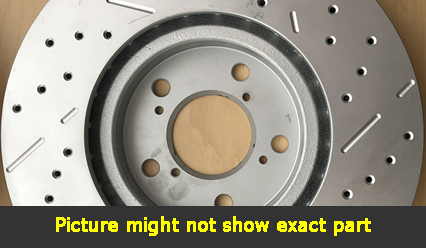
Part No: SP53038R
Raybestos: 780459
OE: 5105514AA
Raybestos: 780459
OE: 5105514AA
$83.18 each
Per Car QTY: 1
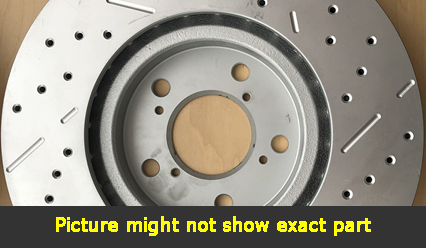
Part No: SP53036L
Raybestos: 780457
OE: 5105515AA
Raybestos: 780457
OE: 5105515AA
$68.78 each
Per Car QTY: 1
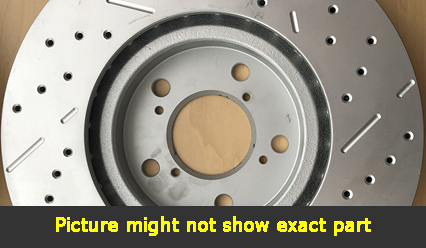
Part No: SP53036R
Raybestos: 780457
OE: 5105515AA
Raybestos: 780457
OE: 5105515AA
$68.78 each
Per Car QTY: 1
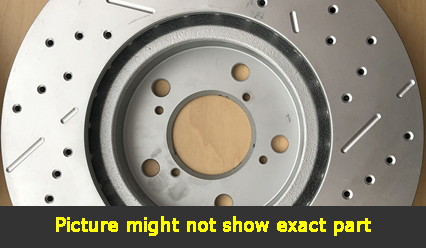
Part No: SP53043L
Raybestos: 780541
OE: 4743999AA
Raybestos: 780541
OE: 4743999AA
$80.1 each
Per Car QTY: 1
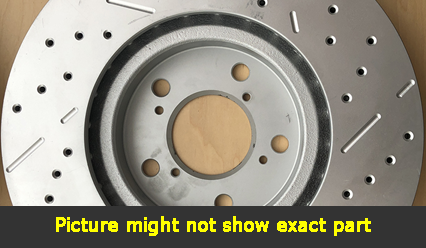
Part No: SP53043R
Raybestos: 780541
OE: 4743999AA
Raybestos: 780541
OE: 4743999AA
$80.1 each
Per Car QTY: 1
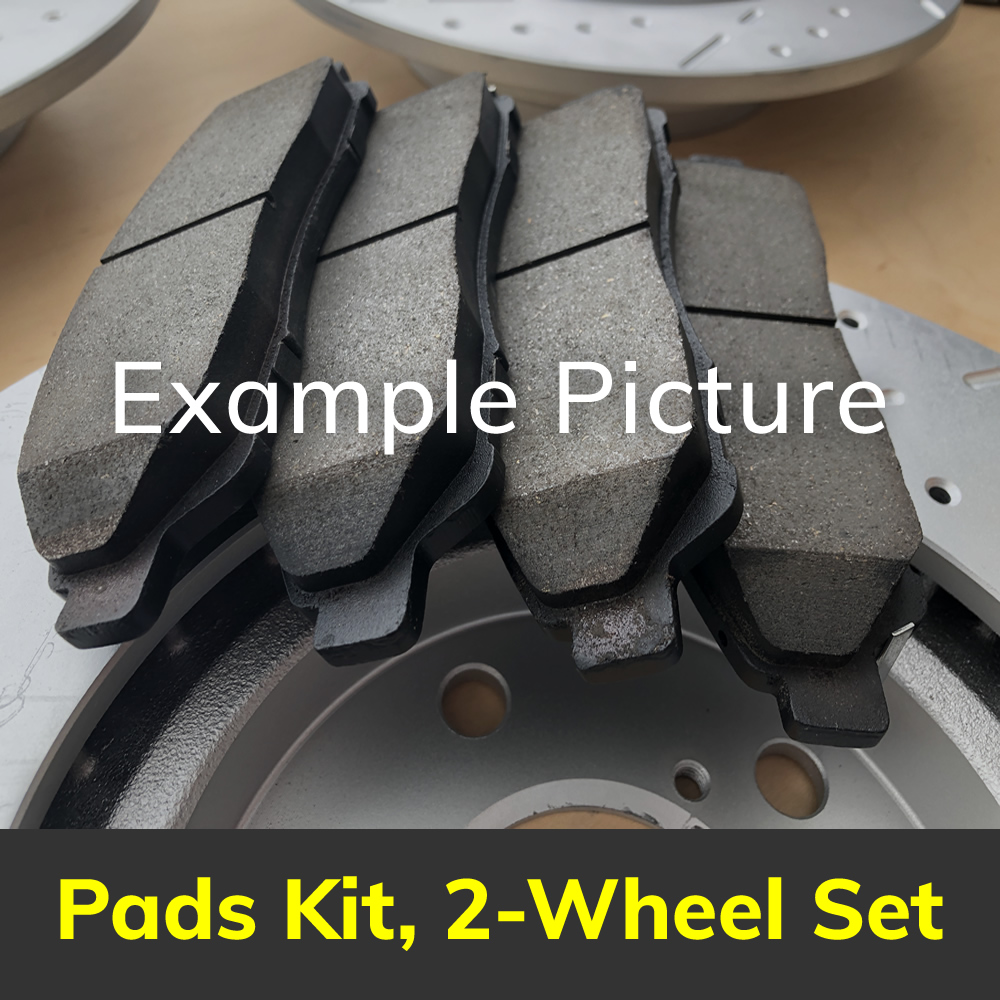
Part No: PD1285C
Raybestos: 1285
OE:
Raybestos: 1285
OE:
$42.1 each
Per Car QTY: 1
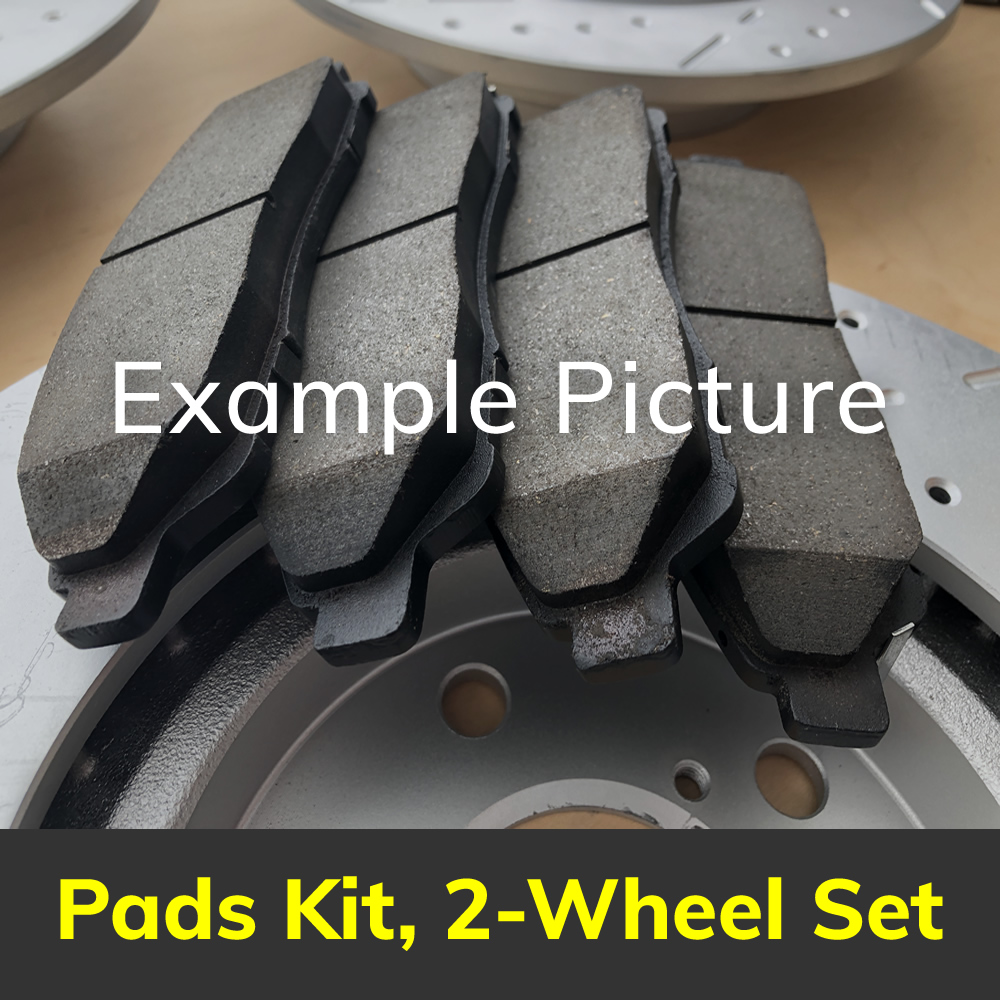
Part No: PD1037C
Raybestos: 1037
OE:
Raybestos: 1037
OE:
$34.65 each
Per Car QTY: 1
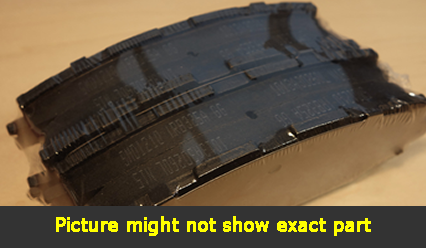
Part No: SMD1037
Raybestos:
OE:
Raybestos:
OE:
$20.72 each
Per Car QTY: 1
The braking system of a car is one of the most crucial components when it comes to safety on the road. When it's time to choose new brakes for your 2012 Dodge Avenger, it's important to consider various factors to ensure optimal performance. Here are some rules to follow when selecting brakes for your vehicle.
1. Understand Your Driving Style: Before choosing brakes, it is essential to understand your driving style. Brakes can be designed for different purposes, such as everyday commuting, aggressive driving, or even track use. Knowing how you typically use your vehicle will help you determine the type of brakes that will best suit your needs.
2. Consider OEM or Aftermarket Options: Original Equipment Manufacturer (OEM) brakes are manufactured by the company that produced your Dodge Avenger. These brakes are designed specifically for your car model and are likely to deliver the best performance. However, aftermarket brakes can often offer similar performance with additional features or a more affordable price tag. Consider both options and research reputable brands to make an informed decision.
3. Brake Pad Material: Brake pads are a critical part of your car's braking system, responsible for generating friction to slow down or stop the vehicle. They are available in various materials, including semi-metallic, ceramic, and organic compounds. Each material has its advantages and disadvantages. Semi-metallic pads offer excellent stopping power and durability, but may produce more noise and dust. Ceramic pads provide smoother and quieter braking but can be pricier. Organic pads are the most affordable but may wear out faster. Choose the material that best matches your driving style and budget.
4. Match the Rotors: When replacing your brake pads, it's wise to inspect the condition of your rotors. If the rotors are worn or damaged, it's crucial to replace them as well. You have various options for rotors, including solid, vented, slotted, and drilled rotors, each with its own benefits. Solid rotors are the standard choice for average driving conditions. Vented rotors offer better heat dissipation, making them ideal for more demanding driving situations. Slotted and drilled rotors improve braking performance and reduce the risk of brake fade but may be more prone to cracking under heavy use. Consider the driving conditions you typically encounter to select the right match.
5. Quality and Reliability: Always opt for high-quality brake components from reputable manufacturers. Brakes are a safety critical part of your vehicle, so compromising on quality can have severe consequences. Brands like Brembo, Bosch, Wagner, and Akebono, among others, are known for producing reliable and efficient braking systems. Read customer reviews and consult automotive professionals to ensure you're choosing a trustworthy product.
6. Installation and Maintenance: When purchasing brakes, consider the ease of installation and maintenance. Some brakes may require professional installation, while others can be easily changed at home if you have the necessary tools and mechanical knowledge. Additionally, check the manufacturer's recommendations for maintenance and regularly inspect your brake system to ensure it's operating optimally.
Ultimately, choosing the right brakes for your 2012 Dodge Avenger involves considering your driving style, brake pad materials, rotor types, quality, and ease of installation. By following these rules, you'll be on your way to enjoying a safe and reliable braking system that suits your requirements.
1. Understand Your Driving Style: Before choosing brakes, it is essential to understand your driving style. Brakes can be designed for different purposes, such as everyday commuting, aggressive driving, or even track use. Knowing how you typically use your vehicle will help you determine the type of brakes that will best suit your needs.
2. Consider OEM or Aftermarket Options: Original Equipment Manufacturer (OEM) brakes are manufactured by the company that produced your Dodge Avenger. These brakes are designed specifically for your car model and are likely to deliver the best performance. However, aftermarket brakes can often offer similar performance with additional features or a more affordable price tag. Consider both options and research reputable brands to make an informed decision.
3. Brake Pad Material: Brake pads are a critical part of your car's braking system, responsible for generating friction to slow down or stop the vehicle. They are available in various materials, including semi-metallic, ceramic, and organic compounds. Each material has its advantages and disadvantages. Semi-metallic pads offer excellent stopping power and durability, but may produce more noise and dust. Ceramic pads provide smoother and quieter braking but can be pricier. Organic pads are the most affordable but may wear out faster. Choose the material that best matches your driving style and budget.
4. Match the Rotors: When replacing your brake pads, it's wise to inspect the condition of your rotors. If the rotors are worn or damaged, it's crucial to replace them as well. You have various options for rotors, including solid, vented, slotted, and drilled rotors, each with its own benefits. Solid rotors are the standard choice for average driving conditions. Vented rotors offer better heat dissipation, making them ideal for more demanding driving situations. Slotted and drilled rotors improve braking performance and reduce the risk of brake fade but may be more prone to cracking under heavy use. Consider the driving conditions you typically encounter to select the right match.
5. Quality and Reliability: Always opt for high-quality brake components from reputable manufacturers. Brakes are a safety critical part of your vehicle, so compromising on quality can have severe consequences. Brands like Brembo, Bosch, Wagner, and Akebono, among others, are known for producing reliable and efficient braking systems. Read customer reviews and consult automotive professionals to ensure you're choosing a trustworthy product.
6. Installation and Maintenance: When purchasing brakes, consider the ease of installation and maintenance. Some brakes may require professional installation, while others can be easily changed at home if you have the necessary tools and mechanical knowledge. Additionally, check the manufacturer's recommendations for maintenance and regularly inspect your brake system to ensure it's operating optimally.
Ultimately, choosing the right brakes for your 2012 Dodge Avenger involves considering your driving style, brake pad materials, rotor types, quality, and ease of installation. By following these rules, you'll be on your way to enjoying a safe and reliable braking system that suits your requirements.






